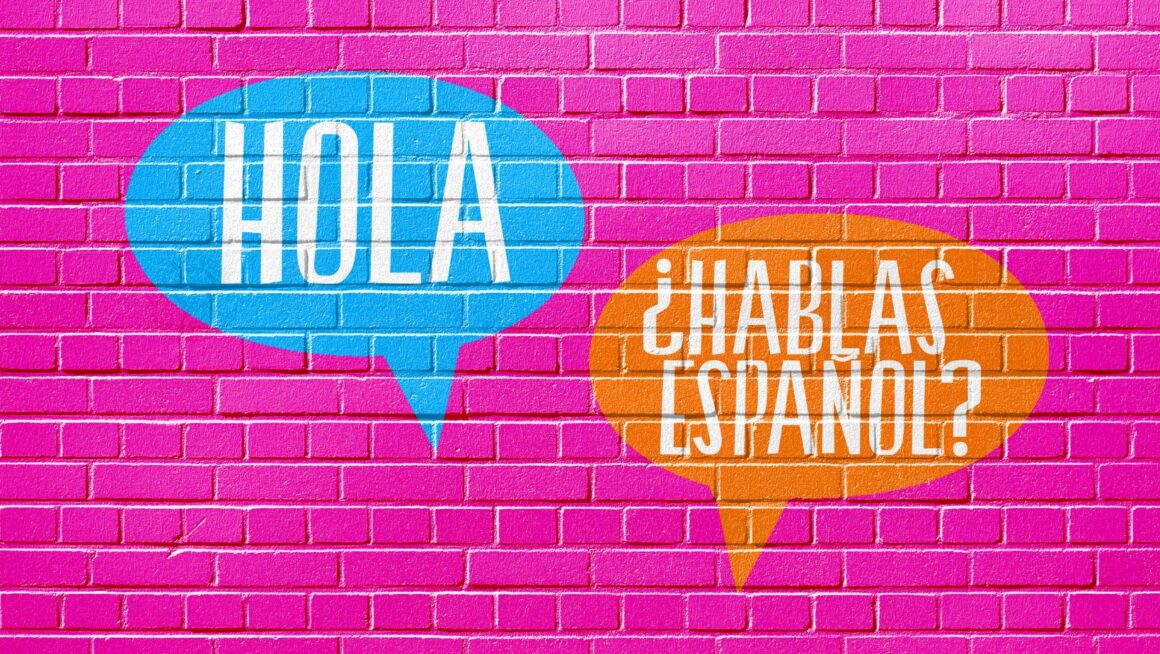Table of Contents
Learning a new language is definitely not a walk in the park, and sometimes, textbooks and flashcards won’t just cut it. If you’re one of the many individuals who are aspiring to be bilingual (or multilingual even!) and have chosen Spanish as your next language, you can call yourself lucky. With all the available resources out there, you can now have a good time while learning by watching Spanish TV shows. You may ask, why?
Well, for starters, it allows you to have fun while actually improving your skills. What better way to learn the language from the native speakers themselves, right? Textbooks might teach you the technical, but Spanish TV shows can help you understand how the language is spoken in real-life conversations.
If you’re wondering how you can take advantage of these shows to improve your Spanish skills, you’re in the best place. Here, we’ll be sharing different ways on how to do this effectively:
Choose the Show According to Your Skill Level
If you’re a beginner, it won’t be helpful to watch telenovelas as it might overwhelm you. Start with shows that use simple language and have slower-paced dialogue, like educational documentaries or even children’s shows. Having a Spanish-dedicated TV or streaming service like Go Latino TV would be very helpful because it provides a variety of shows across different genres and difficulty levels. This will help you grasp basic vocabulary, pronunciation, and sentence structure.
Pause and Repeat as Needed
If your streaming service allows, don’t be afraid to pause and repeat as needed. Pausing allows you to digest the information at your own pace and repeat challenging sections until they become more familiar. You can mimic the actors’ speech patterns and repeat them until you feel comfortable with the pronunciation and intonation.

Also, you have to know that repeating phrases and sentences helps train your ear to different accents and speech patterns present in the Spanish language. Since various Spanish-speaking regions have distinct ways of speaking, exposure to these differences through repetition can make you more adaptable and attuned to the language’s diversity.
Take Notes while Watching
Nothing beats jotting down information and insights as you watch. This active note-taking process not only reinforces your memory but also provides a personalized reference for analyzing later. Write down sentences or phrases that you find particularly interesting or challenging, and use them as prompts for further exploration or discussion.
Take Advantage of Subtitles
Not everyone is comfortable watching movies and TV shows with subtitles. However, incorporating subtitles into your Spanish TV show experience can be a valuable learning tool. You can start with English subtitles to understand the plot and dialogue. Then, once you get more proficient and comfortable, you can start switching to Spanish subtitles and then remove them gradually to test your knowledge.
Install a Language Learning Application
To be honest, studying a language without practicing or using it in real life is a waste. There are a lot of language learning apps that can help you find a match for your current skill level and practice Spanish with native speakers or fellow learners.

Or better yet, if you have a friend who speaks fluent Spanish, you can invite them for a streaming party and watch a Spanish TV show together. This way, you can discuss the plot and characters and even practice speaking Spanish.
Set Realistic Goals
You can’t be fluent in any language overnight. You have to understand that fluency is a gradual process, and milestones are achieved through consistency and hard work. You can set realistic goals by breaking down your language learning goals into smaller, achievable tasks. For example, aim to learn a certain number of new words each week, master a specific grammar rule, or successfully watch an episode without relying on subtitles.
Through this, you maintain a sense of accomplishment and motivation to keep learning and improving. Always celebrate each achievement, no matter how small, and use it as a stepping stone toward your goals.
Final Thoughts
Spanish is one of the best languages to learn, given that it can be particularly useful if you travel to countries where it’s spoken. There’s also a ton of Spanish content online that is entertaining, which you can enjoy without subtitles if you fully learn their language. Good luck, and have fun learning through TV shows!







